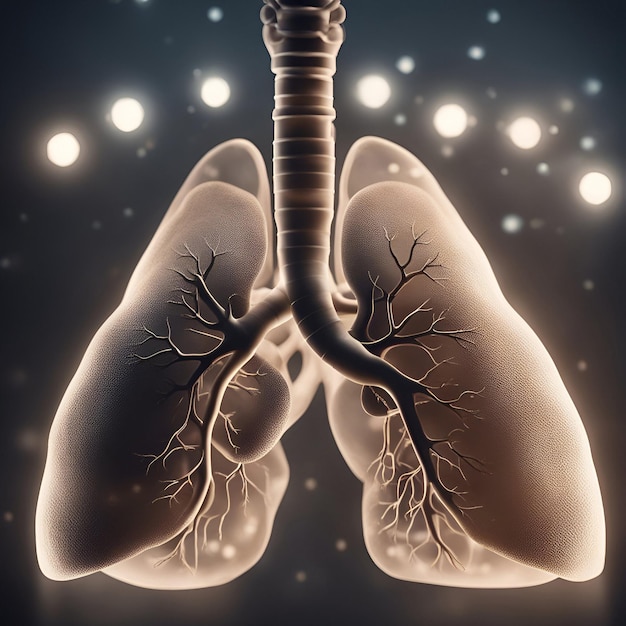
Imagine being faced with dialysis, a crucial treatment necessary when your kidneys stop working. This tough reality affects many people, no matter their age or lifestyle. Even though dialysis can save lives, it also brings with it many physical and emotional challenges.
The good news is that such extremes can often be avoided. Keeping your kidneys healthy isn’t just about sidestepping dialysis; it involves taking smart, proactive actions right now. You have the power to make a difference in your kidney health. Let’s dive into effective ways to protect these essential organs, focusing on early care and prevention.
Dialysis is needed when your kidneys fail severely and can’t filter waste from your blood. It’s usually required due to conditions like diabetes or high blood pressure that harm kidney function. While dialysis isn’t a cure, it plays a vital role in keeping your body balanced and extending your life.
There are two main types of dialysis: hemodialysis and peritoneal dialysis. Adapting to either type means getting used to regular treatments and making dietary changes. It also involves managing side effects like feeling tired and having muscle cramps, and it requires emotional strength, often supported by healthcare teams and family.
Chronic Kidney Disease (CKD) is a gradual loss of kidney function that often goes unnoticed. Early signs include feeling fatigued, changes in how often you urinate, swelling in the legs or ankles, constant itching, and shortness of breath.
Recognizing these symptoms early is key for timely intervention. CKD can progress to end-stage renal disease if not managed correctly. Diagnosing CKD usually involves blood and urine tests to check kidney function markers like creatinine levels and to look for abnormalities like protein or blood in the urine. Major risk factors for CKD include diabetes, high blood pressure, obesity, older age, and a family history of kidney problems.
Regular health check-ups are crucial, especially for those with these risk factors. Early detection and management can significantly slow the disease’s progression, reducing the need for more intense treatments down the road.
Your kidneys are essential for your overall health, and taking steps to protect them is vital. By adopting certain lifestyle and dietary habits, you can greatly enhance kidney function and health.
By focusing on these key areas, you can have a substantial impact on your kidney health. Remember, small daily changes can lead to big improvements in your kidney health and overall well-being.
In summary, keeping your kidneys healthy is an important part of your overall wellness. Simple, daily actions and informed choices play a big role in this. By living a lifestyle that supports these vital filtering organs and seeking advice from healthcare professionals, you not only prevent potential health issues but also improve your quality of life.
Caring for your kidneys is a powerful act of self-care. Every positive lifestyle change you make contributes to your long-term health. By consistently focusing on care and remaining aware of your overall wellness, you set a strong foundation for a healthier future.